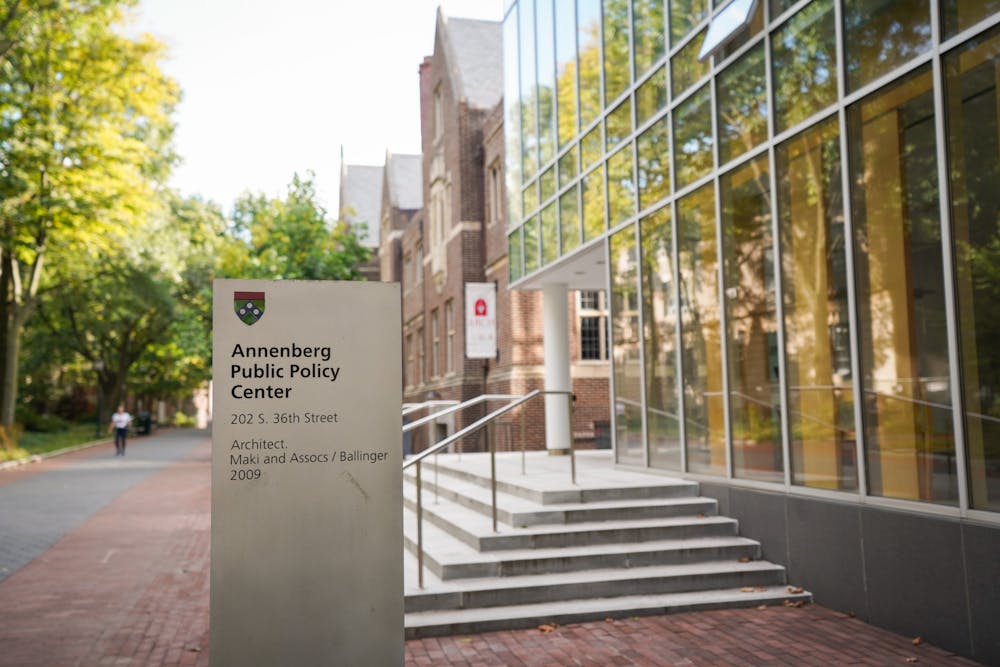
A recent survey conducted by the Annenberg Public Policy Center's found that less than half of Americans can identify more than one right protected under the First Amendment, and less than two–thirds can name the three branches of government.
The May 2024 survey, which the APPC conducts annually, asked questions about the United States Constitution and government to around 1,600 adults across the country. This year, the survey found similar levels of civics knowledge as compared to 2023.
When asked about the rights protected under the First Amendment, 74% of respondents named freedom of speech. Knowledge about the remaining rights protected is minimal, with only 39% of respondents naming freedom of religion — a dramatic drop from the 56% of respondents naming it in the 2021 survey.
29% of Americans said freedom of press, 27% named the right to assembly, and 11% named the right to petition the government. Around one in five respondents could not name any rights.
The survey found that the number of Americans who can name all three branches of the government was unchanged from 2023, with 65% of respondents able to name the three branches of government. 13% can name two, 8% can name one, and 15% cannot name any branch.
The number of respondents that know the Supreme Court has the final ruling if the president and Supreme Court are at odds over whether the president’s actions are constitutional remained unchanged from 2023 as well, with 56% of respondents reporting the correct answer. 23% think Congress makes the final decision, and 5% think it’s the president.
The survey also asked opinion–based questions regarding Supreme Court reforms. 82% of respondents supported a reform that would prohibit justices in participating in cases where they have conflicts of interests. In the case of controversial issues, 47% support a reform where the public can vote to overturn Supreme Court rulings.
Respondents with the lowest civic scores were more likely to support a public referendum reform and less likely to support a reform prohibiting Supreme Court justices with conflicts with a case from participating. When analyzed in terms of political affiliation, 87% of Democrats and 83% of Republicans support prohibiting justices with conflicts from participating in cases. While both parties generally agreed, Democrats tended to be more supportive of the other reforms proposed.
The Annenberg Constitution Day Civics Survey has published its results annually on September 17 to recognize Constitution Day since 2014. The survey was conducted online and administered by Ken Winneg, the APPC managing director of survey research.
“Civics education needs to be a life–long pursuit,” R. Lance Holbert, the director of the Leonore Annenberg Institute for Civics, said in the APPC news release. “The education materials provided through Annenberg Classroom and the Civics Renewal Network can aid in building up the nation’s civics knowledge reserves that produce a wide range of direct and indirect benefits.”
The Daily Pennsylvanian is an independent, student-run newspaper. Please consider making a donation to support the coverage that shapes the University. Your generosity ensures a future of strong journalism at Penn.
Donate



